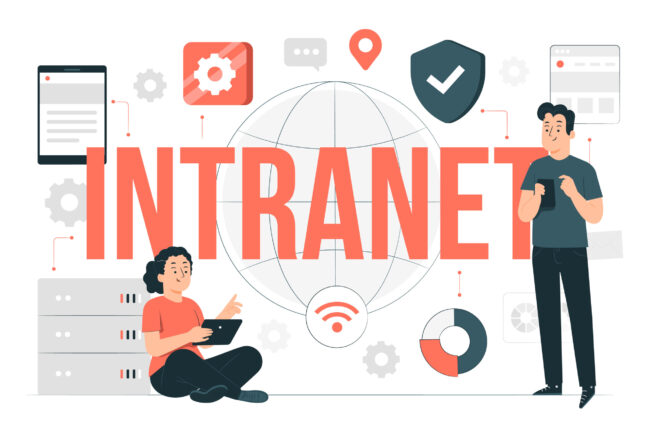Up for Grabs: The Future of the Internet, Volume One, is a new book series produced by Elon University and the Pew Research Center. It investigates the ways in which the Internet is changing society and the way we live our lives. The first volume of the series, The Future of the Internet, Volume 1, is a fascinating read, examining the future of the internet from the perspective of society and individual users. The book examines the ways in which society will change as the Internet continues to grow and evolve.
In 2069, the internet backbone will likely consist of a web of fiber optic networks and satellite-based networks, as well as ultra-broadband wireless coverage. While a cloud of automated servers will continue to dominate the landscape, new applications will likely emerge that demand greater bandwidth. This will require continued development of existing technologies as well as new approaches to integration. With more data coming in daily, efficient processing becomes essential. Future analysis may even take place during the transmission process.
The Declaration for the Future of the Internet aims to bring about a more unified and open internet. It highlights the challenges of splintering the global web, authoritarian governments’ attempts to control access, and the use of internet platforms for surveillance, repression, and disinformation. While it highlights important goals like net neutrality and removing illegal content, it offers few specifics to reach them. The future of the Internet depends on the ways in which it is governed.
More sophisticated virtual reality interfaces and three-dimensional graphics will become the norm for internet access. In the future, these technologies will be used to create hyper-realistic gaming experiences and innovative ways to navigate the Internet. Additionally, these interfaces will allow people to interact with each other and share information. It will be possible to have virtual dinners in different cities, with the only catch being that you have to bring your own food! The future of the Internet is bright.
In 2025, ubiquitous connectivity will change the way we interact with others, gather information, and consume media. In a recent survey, the Pew Research Center asked 2,558 experts from the technology sector to envision where we will stand in this new digital age. Some predicted that the Internet would make us smarter, more educated, and more empowered, while others said it would make myths and fables disappear from the shadows of civilization.
Ultra-high-speed networks will continue to improve, making them more affordable for the average consumer. In a few years, the average consumer will be able to download high-definition movies in a matter of seconds and play cloud-based video games without any lag. Wireless technologies will also continue to develop. With the development of LTE and WiMAX, wireless Internet speeds will be comparable to those offered by broadband connections.
